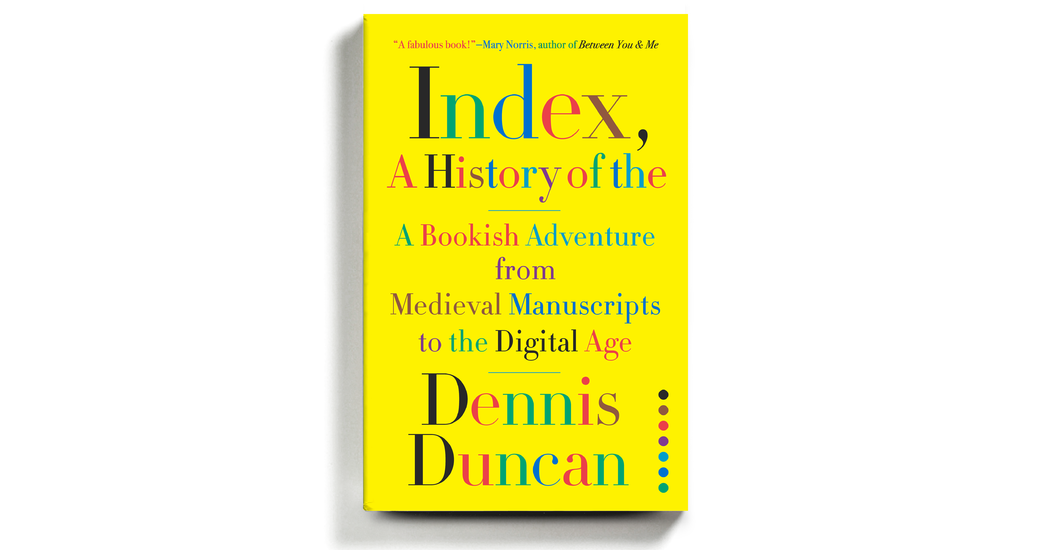Subscribe: Apple Podcasts | Spotify | Stitcher | How to Listen
You probably take the index for granted. It might be hard to remember that the handy list of subjects at the back of a book, with the corresponding page numbers on which each subject is discussed, had to be invented. This happened in the early 13th century, and on this week’s podcast, Dennis Duncan talks about his new book, “Index, a History of the,” and about the earliest examples of the form.
“What’s really interesting is, it’s invented twice at the same time,” Duncan says. “So it’s one of those inventions, like the light bulb or like mathematical calculus — the moment is so ripe for it that two people in separate places invent it. So the index gets invented once in Paris, and at the same time in Oxford. and there are very slight differences between what these inventions look like.”
Brendan Slocumb visits the podcast to talk about his debut novel, “The Violin Conspiracy.” Slocumb is himself an accomplished musician, and the book — both a mystery and a musical coming-of-age story — was inspired, in part, by an experience he had as a teenager.
“When I was a senior in high school, we came home from a family trip, and my violin — I actually make reference to it in the novel — my 1953 Eugene Lehman violin was stolen, along with a bunch of other stuff that I didn’t care about,” Slocumb says. “If your instrument is taken, as a musician, it’s like a part of you is missing. I felt like I was missing a limb. It was right before I was supposed to go to college. It was supposed to take me through school, and I had nothing. It was a devastating experience.”
Also on this week’s episode, Lauren Christensen and MJ Franklin talk about what they’ve been reading. Pamela Paul is the host.
Here are the books discussed in this week’s “What We’re Reading”:
-
“The Chiffon Trenches” by André Leon Talley
-
“Recitatif” by Toni Morrison
-
“How to Be Perfect” by Michael Schur
We would love to hear your thoughts about this episode, and about the Book Review’s podcast in general. You can send them to books@nytimes.com.


























